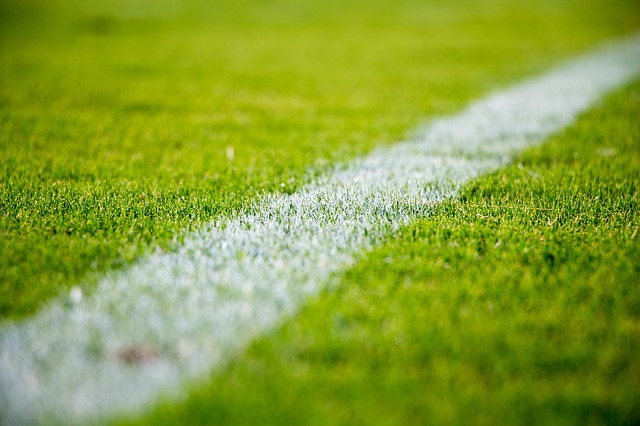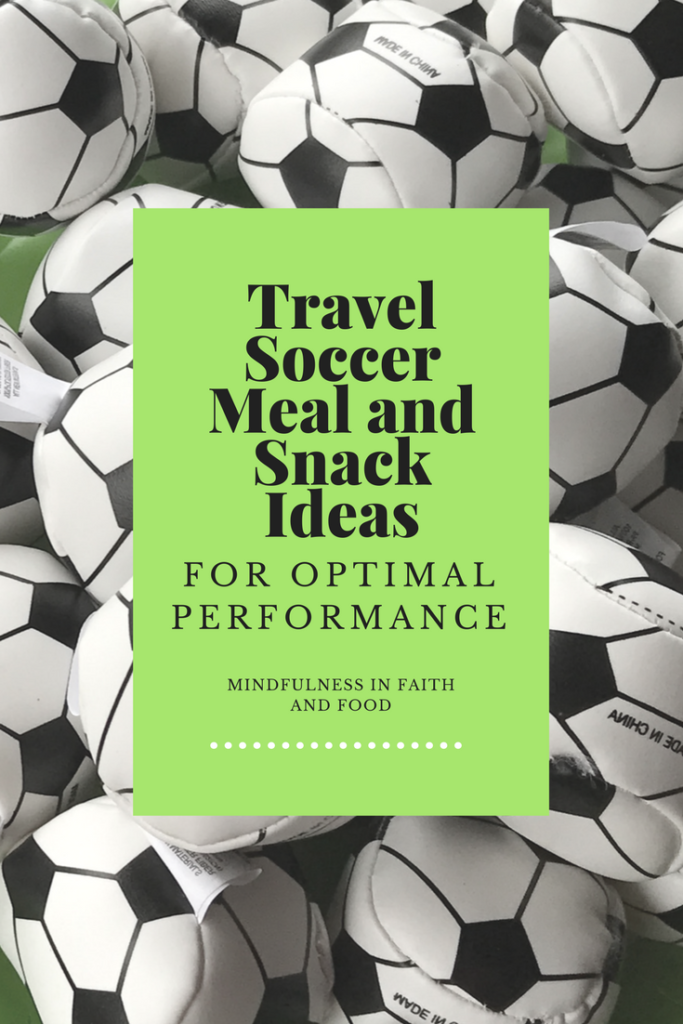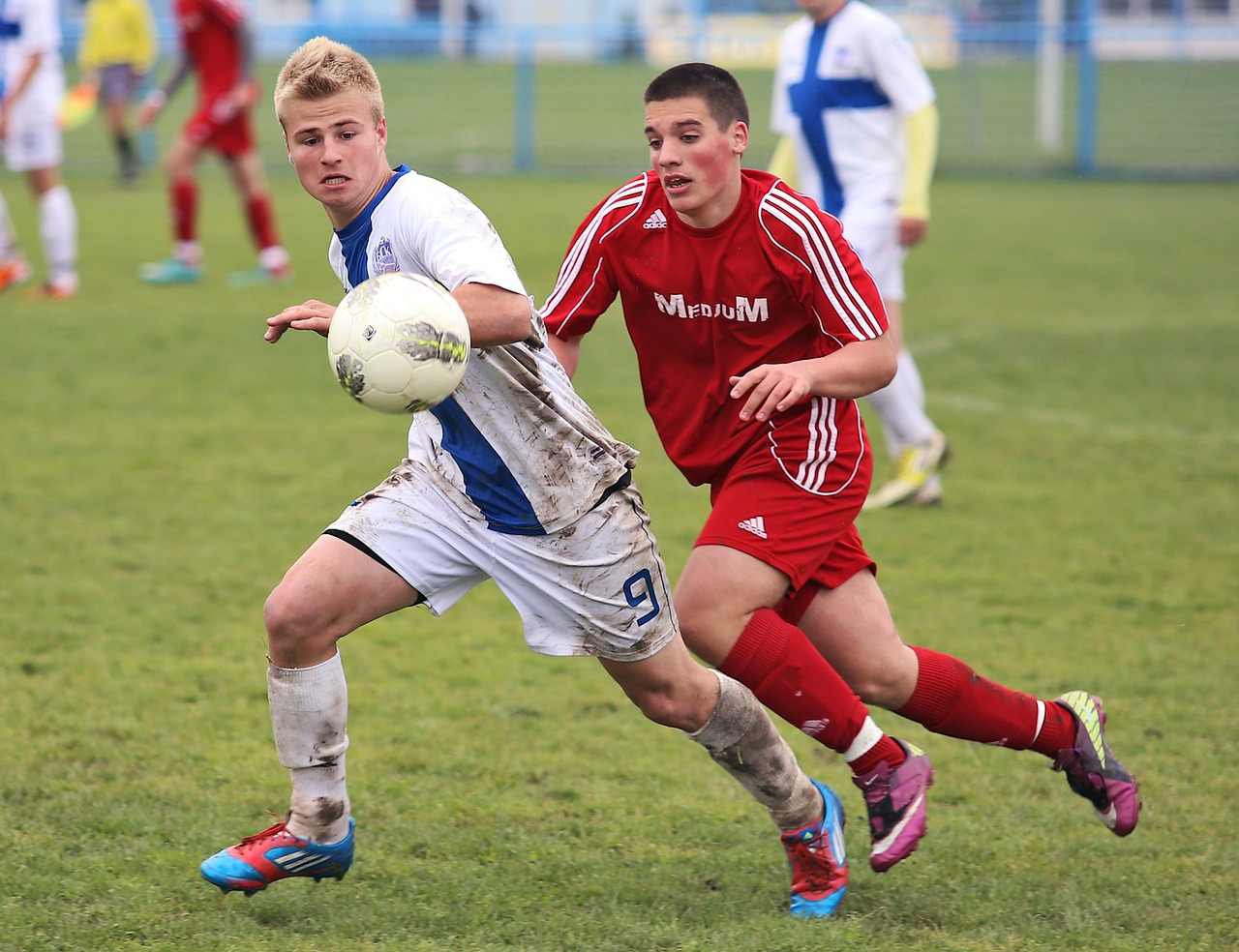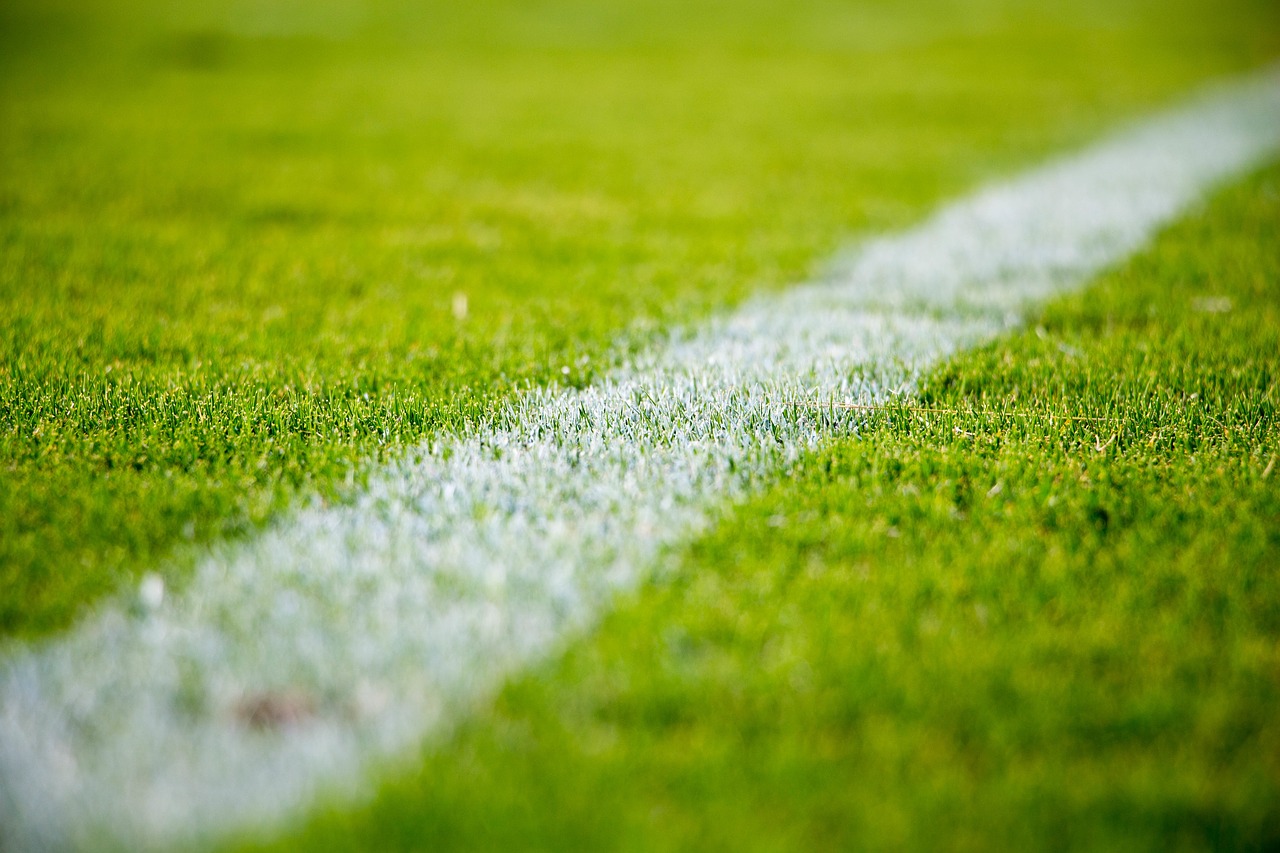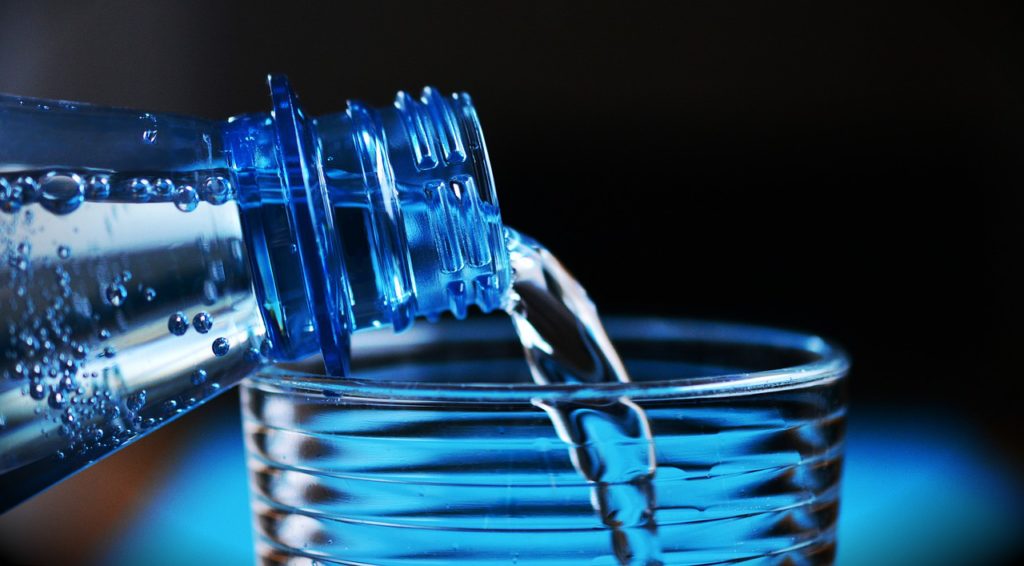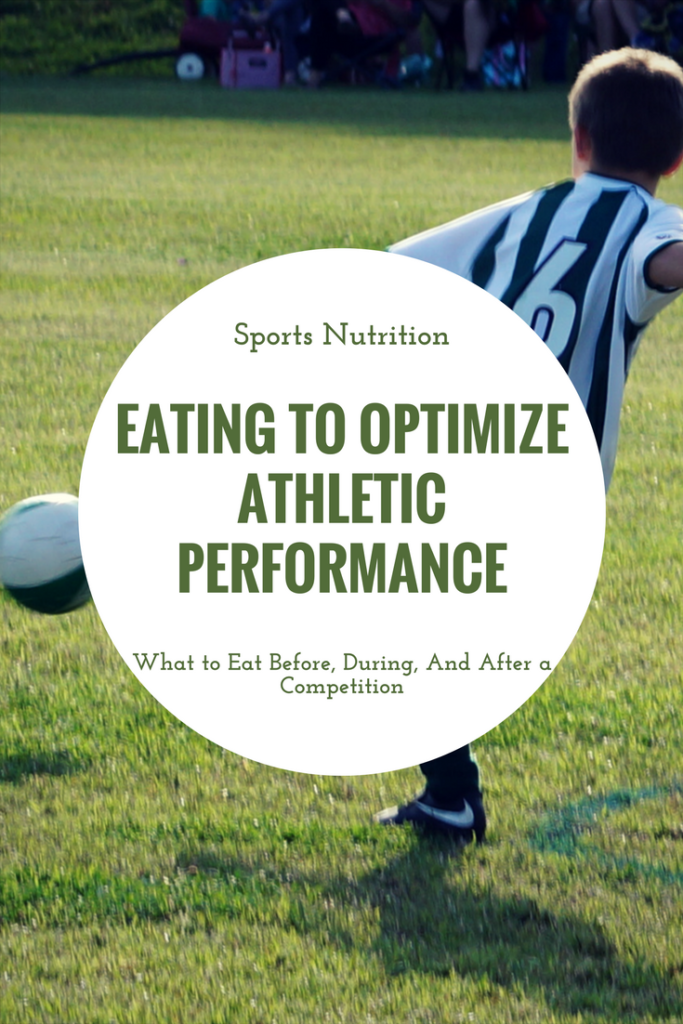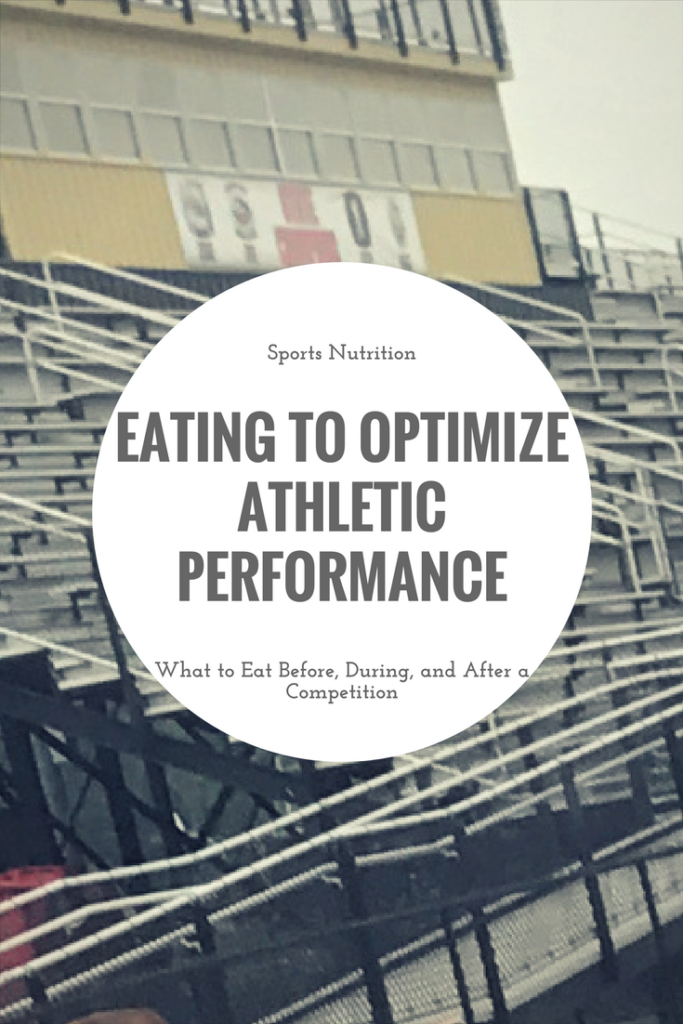I hope you have found this series an invaluable resource of nutriton information.
This is the sixth post in the series…
Best Books Written by Registered Dietitians
(Note: At the top of each post in this series, I have provided a description of what a dietitian is; therefore, if you have read any of the other posts in the series, you may want to skip down to the list portion.)
You may be asking…
So what exactly IS a Registered Dietitian, and why do I want to take note when a health and wellness book is written by a Registered Dietitian?
This site contains affiliate links (See full disclosure here.)
A registered dietitian, by definition, is considered the expert in the field of nutrition science. The term Registered Dietitian is actually different than a nutritionist. In fact, the term nutritionist is not a regulated term and has a more general meaning. The term registered dietitian, however, is regulated much like the terms doctor or lawyer. In other words, you are not allowed to call yourself a doctor unless you are a doctor, and you cannot call yourself a registered dietitian unless you have completed all the academic and professional requirements.
Requirements for Registered Dietitians
So what are the requirements? Is there some kind of certification you need to be a registered dietitians?
Actually, you cannot just get a certification to become a registered dietitian. Whereas there might be certifications available for nutritionists.
To become an RD you must:
-
Complete a Bachelors Degree at a college accredited by the Commission of Accreditation of Dietetic Education. Some of the required courses generally included are:
- Microbiology
- Medical Nutrition Therapy
- Biology
- Chemistry
- Organic Chemistry
- Anatomy and Physiology
- Evidence Base Nutrition
- Human Nutrition and Metabolism
- Nutrition Counseling
- and more
2. Complete 1200 hours of a competitive internship (The internship is usually completed in hospitals, community service agencies, medical clinics, etc)
3. Pass the CDR Exam
Just like a lawyer can’t practice law without passing an exam, an RD cannot become a registered dietitian without pasing the CDR.
4. In addition, by 2024, all register dietitian will be required to have a master’s degree as well. Many RD’s already do.
5. Complete Continuing Education Units throughout their career to keep their registered dietitian credentials.
So you can see why it is a plus when a health and nutrition book is written by a registered dieitian. I want to preface here that just because an RD is considered the expert, doesn’t mean you can’t get great nutrition information and advice from non-dietitians. People who have a passion for nutrition or people who have discovered something that works for them can write insightful nutrition books.
Many health and wellness enthusiasts have done extensive research on their own and have valuable information, but if you are getting advice from non-dietitians, I would recommend looking for the following:
- Are they getting their information from a Registered Dietitian? Are they seeing what multiple registered dieitians have to say about the topic before giving advice?
- Do they know when it is time to refer their clients to a registered dietitian? Many informed people have general nutrition knowledge, but when a client or customer needs medical nutrition therapy; then, a dietitian may be needed. Dietitians are trained in nutrition as it relates to diseases, drug-food interactions, tube feeding, enteral nutrition (nutrients through the veins), and various other medical conditions. These topics can get complicated and even be dangerous if incorrect information is given.
For example, someone may tell a client to eat more bananas because bananas are healthy, after all, BUT if a person has kidney failure and is on dialysis, too many bananas could put someone in the hosptial or worse!
One Final Note..
So one final thought before we move on to the book lists. If a book is written by a non-RD, you may want to see if a registered dietitian has written a review about the book, recommended the book, or even written a forward for the book.
Nutrition books written by non-dietitians are not a deal breaker, by any means, but you can see why seeing that RD beside an author’s name in a nutrition book is a plus.
Okay now for the good stuff…
The sixth post in this series is…
Sports Nutrition Books by Registered Dietitians
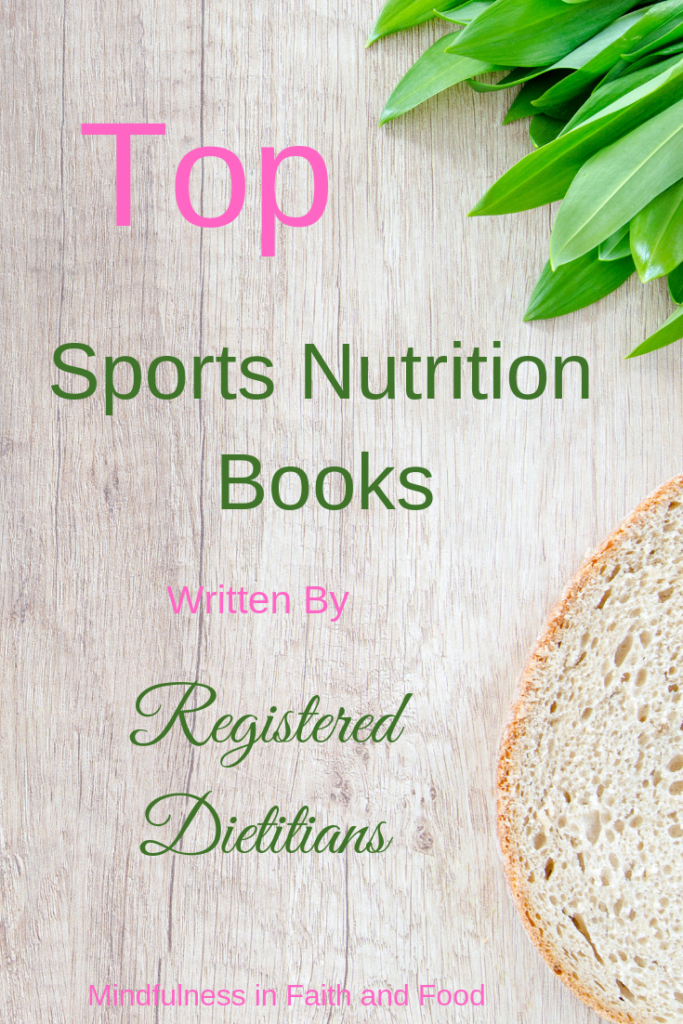
Bike Shorts: Your Complete Guide to Indoor Cycling
Such a unique and specific book! If you are a cyclist or if you want to be, this book is for YOU! From nutrition specific for cyclist to bike fit and gear, this book covers all your cycling needs!
Eat Like a Champion: Performance Nutrition for Your Young Athlete
This is a great book for parents of young athletes. “Eat Like a Champion” covers everything from snacks and meals to supplements and the importance of nutrients! This book covers so much information!
Fuel Up! Dinner Recipes for Youn Athletes
Here is another great one from Jill Castle, who happens to be a leading expert in childhood nutrition. This cookbook provides you with amazing dinner recipes that will fuel your budding athlete!
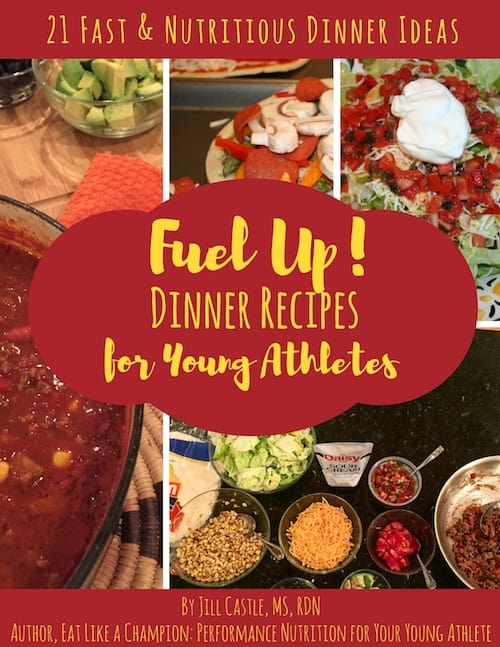
Fast & Nutritious Breakfasts for Young Athletes
Jill Castle does it again! If you want a sports nutrition book geared towards children, then you really should visit Jill Castle’s website. In this particular book, Jill has your breakfast before the big game covered!
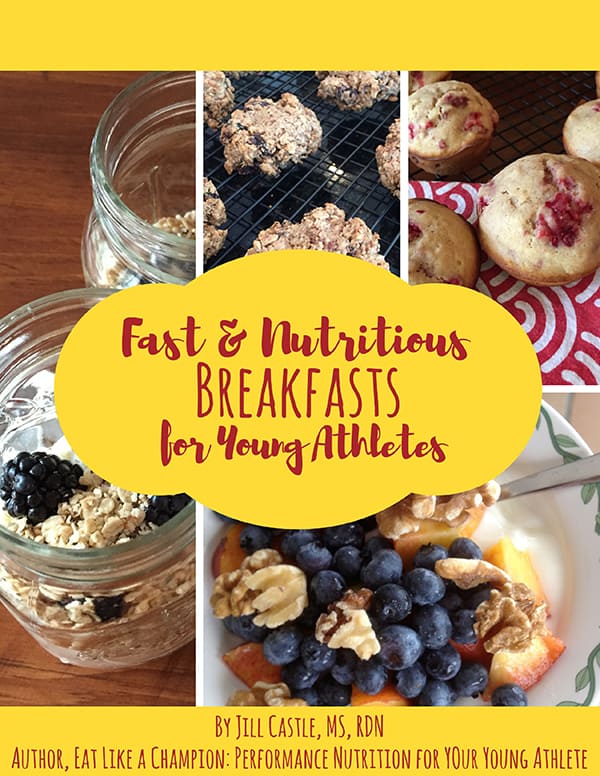
Fueling Young Athletes
Here is one more great sports nutrition book geared towards young athletes. This one is by the dietitian, Heather Mangieri. Heather approaches sports nutrition not only as a dietitian but as a mother of active children as well. This book addressses real issues that families of young athletes face and provides practical down-to-earth solutions.
Essential Sports Nutrition: A Guide to Optimal Performance for Every Active Person
Okay, we covered sports nutrition for children, now let’s talk about the best general sports nutrition guides. In this book, you get all the sports nutriton details including what and when to eat before, during, and after exercise.
Advanced Sports Nutrition
It’s time to get serious with this last book. This is for the serious athlete who wants to take their nutrition to the next level for optimal performance.
And there it is. My top favorite sports nutrition books and cookbooks written by registered dieitians. If you enjoyed this post, please check out all the other “Books written by Registered Dietitians” posts below.
Related Posts
Childhood Nutrition Books Written by Registered Dietitians
Healthy Living Books Written by Registered Dietitians
Nutrition for Specific Conditions Written by Registered Dietitians
Cookbooks Written by Registered Dietitians
Meal Prep & Meal Planning Books Written by Registered Dietitians
Sports Nutrition: What to Eat Before, During, and After Competition
Travel Soccer Meal and Snack Ideas for Optimal Performance
Holistic Health: Mind, Body, Spirit Books by Registered Dietitians
Books for Registered Dietitians by Registered Dietitians
Sports Nutrition Books written by Registered Dietitians
Weight Loss Books Written by Registered Dietitians
Nutrition Books for Specific Conditions Written by Registered Dietitians
Copyright © 2019 Mindfulness in Faith and Food.
You are free to retain any and all content here for personal use, but need permission to use it anywhere else on the internet.
This site is hosted by Bluehost.

